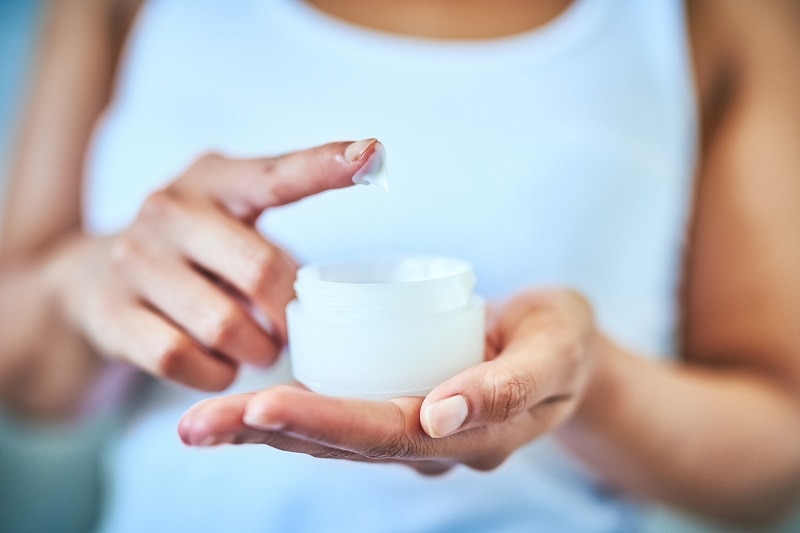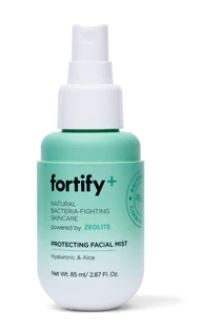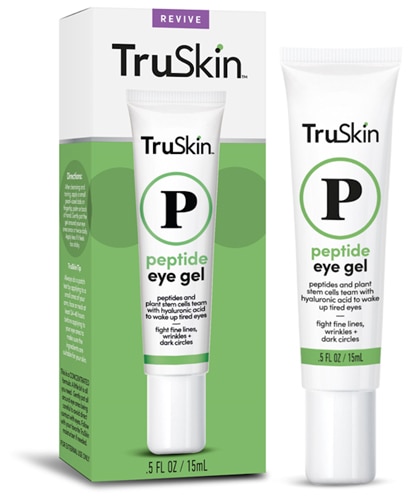There are many reasons to alter your
skincare routine. Your skin’s needs change depending on a variety of factors, including
stress,
age and
environment. Even within a year, your skin faces different challenges, so don’t hold back from creating a new skin care routine to give your skin the change it needs to be healthy.
 Dr. Erum Ilyas
Dr. Erum Ilyas is a dermatologist and founder of
AmberNoon, which offers sun-protective clothing and accessories. She explained that each season adds its own slew of skin challenges.
“Summer adds humidity, increased UV exposure and heat, and spring and fall can add allergens, which irritate the skin just as much as it does for the airways,” Ilyas said. “With the excess cold and dry air in winter, skin needs added moisture since it’s simply not getting it from the environment.”
When New Skin Care is Needed
The challenge that most people face is understanding how and when to vary your skincare products and which ones to choose. Here’s what to expect if you’re switching your skincare regimen. Whether you’re introducing new skin care products or saying goodbye to others, here are tips on how to ease the transition and find the right products most fitting for your skin.
Altering topical medications
Medicated products can be a shock to the system. The skin absorbs ingredients quickly, so you’ll notice changes in how your skin feels and looks shortly after stopping or starting a new medicated product.
“To help ease your skin into a new product, start by using the new product every other day or every third day,” Ilyas said. Gradually increasing the frequency based on positive response and few side effects is helpful and recommended.
When starting a new product too quickly, the sudden change and introduction of ingredients can be too much. If you’re experiencing adverse effects, you will likely discontinue use. Give the product a chance by introducing it to your routine slowly, but call your doctor if a medication or prescribed product gives you trouble. It could be an allergic reaction or intolerance.
“There are many people who may lose out on the benefit of an effective product simply because they did not give their skin a chance to transition effectively and safely,” Ilyas explained.
Stay in close communication with your dermatologist when you start a medicated product, but expect a period of adjustment for your skin.
Dual-acting skincare products
“The first thing to consider when introducing new products into your skincare routine is whether they serve one purpose or two,” explained Ilyas. “Maybe your makeup is playing a dual role as makeup
and anti-spot treatment, acne remedy or anti-aging cream.”
Your dermatologist or esthetician may suggest products and treatments that are dual acting and contain specific properties to aid in skin conditions, like
acne,
oily skin,
dry skin, psoriasis or inflammation. For example, a concealer that says it treats and conceals acne
may have salicylic acid in it, or an
“age-defying” foundation may have retinol in it. These active ingredients are best used for specific conditions.
“If your skincare routine transition is not simple and you’re experiencing reactions, look at buzzwords and ingredients, and consider alternatives without them,” said Ilyas. If these ingredients are not present, consider a small patch test on your forearm to see if you’re allergic or sensitive to the product.
Seasonal skincare products
It’s a good idea to seasonally swap skincare and makeup products based on the climate. As the fall approaches and you move towards the colder days of winter, you may switch
cleansers,
exfoliants,
serums and
makeup to products that have more
moisture-promoting properties to keep your skin soft and supple. A simple cleanser such as
Cerave Foaming Facial Cleanser will clean without drying skin.
Adding a
hydrating serum to your winter routine can help seal hydration after applying your
daily moisturizer. You might also want to eliminate products in the winter months that cause dryness.
“Chemical and mechanical exfoliants, alpha and beta hydroxy acids and other anti aging products can work by drying the skin out further, making it even harder to regain needed moisture,” Ilyas said.
During the warmer more humid months, when skin tends to be oilier,
cleansers with salicylic acid are necessary to combat oily skin. In the
summertime, you may want products that are lightweight, target clogged pores and offer UV protection.
Any
SPF-containing product works well in a morning routine to protect your skin from harmful UV rays in the daytime. At night, boost antioxidant concentration by using products with
niacinamide to help your skin recover from the sun.
Using new products or brands
If you are using new skincare brands due to seasonal shifts or you just want to experiment with something new, ask your doctor what they recommend based on your needs. Trying new skincare products is fun! Just be sure to do it thoughtfully.
If you’re new to exfoliating, start gradually to avoid irritation. Look for good ingredients in a scrub, such as sugar or apricot, but dial it back in the winter to avoid irritation. Masks are also a fun addition to skin care. If using a new mask, start just once a week. A
hyaluronic night cream or
mask will boost hydration as you slumber.
No matter what your new skin care routine entails, take it slow, be aware of all active ingredients and discuss with your dermatologist if doubts or adverse effects arise. It’s empowering to take charge of your health, and skin care is an important part of that journey. Enjoy the ride!
Featured Product:

 Dr. Erum Ilyas is a dermatologist and founder of AmberNoon, which offers sun-protective clothing and accessories. She explained that each season adds its own slew of skin challenges.
“Summer adds humidity, increased UV exposure and heat, and spring and fall can add allergens, which irritate the skin just as much as it does for the airways,” Ilyas said. “With the excess cold and dry air in winter, skin needs added moisture since it’s simply not getting it from the environment.”
Dr. Erum Ilyas is a dermatologist and founder of AmberNoon, which offers sun-protective clothing and accessories. She explained that each season adds its own slew of skin challenges.
“Summer adds humidity, increased UV exposure and heat, and spring and fall can add allergens, which irritate the skin just as much as it does for the airways,” Ilyas said. “With the excess cold and dry air in winter, skin needs added moisture since it’s simply not getting it from the environment.”




